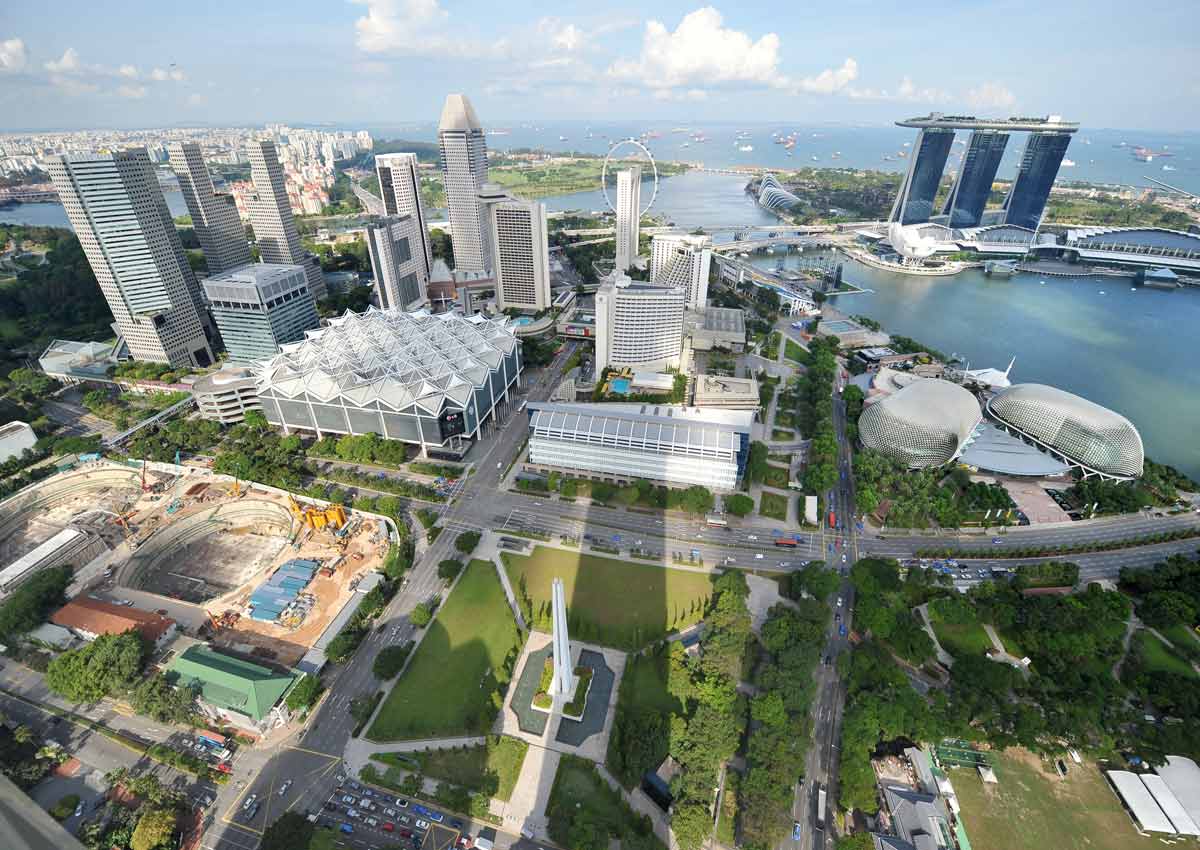For the second year in a row, Singapore was ranked ninth globally for the rule of law, the only Asian state in the top 10 out of 113 countries.
The Republic was No. 1 for order and security as well as regulatory enforcement in the 2016 Rule of Law Index compiled by the World Justice Project (WJP), an independent advocacy group based in the United States.
Order and security looks at factors including how effectively crime is controlled and whether there is political unrest, while regulatory enforcement measures the effectiveness of government regulations, among other things.
For absence of corruption, the Republic was ranked behind only Denmark.
The top three overall performers in the WJP index were Denmark, Norway and Finland, while the last three were Afghanistan, Cambodia and Venezuela.
The index measures how the rule of law is experienced by the public worldwide in everyday situations based on surveys of 1,000 respondents per country and interviews with local experts.
A country’s performance is measured using 44 indicators across eight primary factors, each of which is scored and ranked globally and against regional and income peers.
These factors include constraints on government powers, open government, fundamental rights and civil criminal justice.
“The rule of law is notoriously difficult to define and measure. A simple way of approaching it is in terms of some of the outcomes that the rule of law brings to societies – such as accountability, respect for fundamental rights, or access to justice – each of which reflects one aspect of the complex concept of the rule,” said the WJP, which released its latest report last week.
“Effective rule of law reduces corruption, combats poverty and disease, and protects people from injustices large and small,” it added.
Singapore’s Ministry of Law welcomed the index, noting that Singapore is the only Asian country that has made it to the top 10.
“We welcome the World Justice Project Rule of Law Index as a tool that measures a nation’s adherence to the rule of law based on the perceptions of experts and the general public, which we will study as part of our commitment to a robust rule of law framework in Singapore,” said the ministry.
Observers here welcome the findings and said the report could be a starting point to discuss what Singapore excels in and what requires more attention.
Singapore did less well in the categories of constraints on government powers, fundamental rights and open government – which measure, for instance, the right to information and civic participation.
National University of Singapore law don Cheah Wui Ling said: “Singapore’s high ranking in certain WJP categories is positive, but we need to approach indicators and ranking systems with caution.”
She said indicators and indexes are “simplifications of reality”.
“In other words, the WJP index may not fully tell us how Singaporeans experience the rule of law as lived in reality,” she said.
Even if Singapore ranks highly in an area of governance based on the index’s indicators, it does not mean that “no improvements are needed to enhance the rule of law”, she said.

This article was first published on October 24, 2016.
Get a copy of The Straits Times or go to straitstimes.com for more stories.






